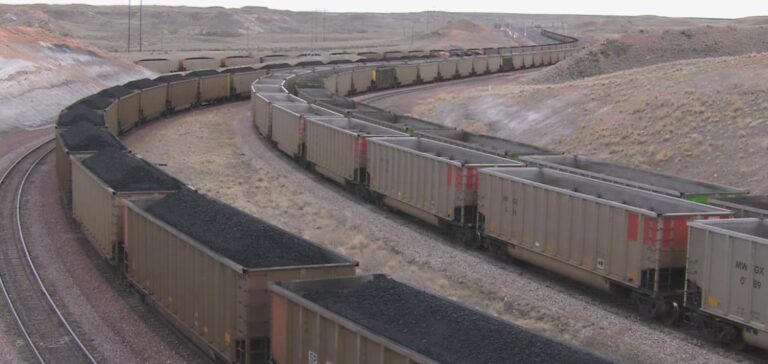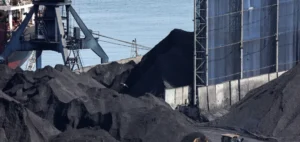Despite international pledges to reduce carbon emissions, global banks have financed coal companies to the tune of $470 billion between 2021 and 2023. Urgewald’s study highlights the contrast between political commitments, such as those made at the G7 summit in Italy to eliminate coal-fired power plants by 2035, and the reality of bank financing. Of the 638 banks analyzed, around 140 have reduced their financial support for the coal industry since 2016, while 75 have increased their funding and the rest have remained stable.
Sector Financing Analysis
In 2023, financing for the coal sector totaled $136 billion, down 20% on the $170 billion invested in 2016. The bulk of this financing comes from banks in China, the USA, Japan, Canada, India, the UK and Indonesia, with over 90% of syndicated loans or fund-raising support coming from these countries. US banks, led by Bank of America and JP Morgan, have increased their financial support by 22%, providing $19.8 billion in 2023, up from $16.23 billion in 2021.
Pressure and Institutional Responses
Faced with growing pressure from investors and regulators, banks in Europe have cut their coal financing by 51% between 2021 and 2023, from $13.27 billion to $6.5 billion. Barclays, UBS, BNP Paribas and Deutsche Bank are among the leading financiers in Europe. The European Central Bank issued warnings in January, noting that the majority of major banks under its jurisdiction had not aligned their credit policies with the objectives of the Paris Agreement, thereby increasing their exposure to significant transition risks. Banks play a pivotal role in the global energy transition. Although some institutions have reduced their support for coal, the overall volume of funding remains high. This situation raises crucial questions about the effectiveness of banking policies in aligning financial practices with climate emergencies, highlighting a gap between international commitments and concrete action.






















